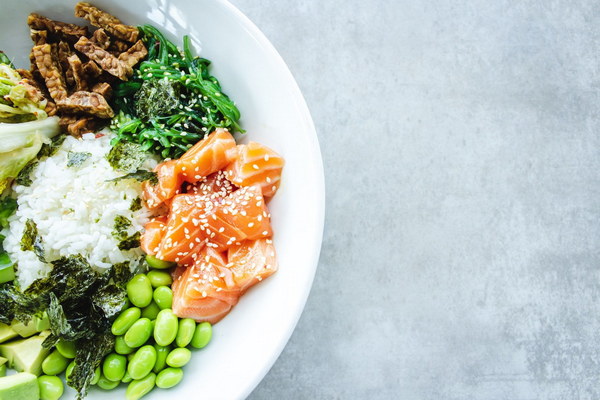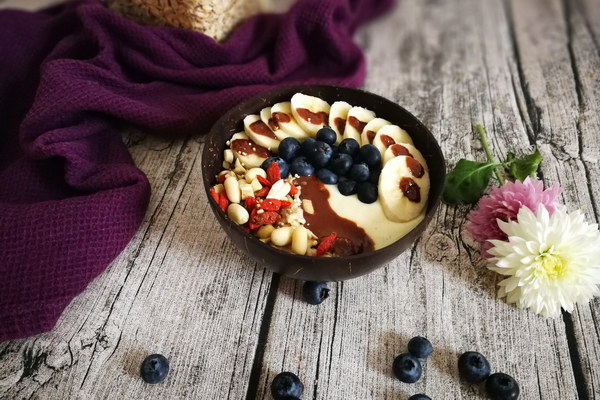Sipping on Health Teas The Unexpected Side Effect of Increased Appetite
In the world of wellness, the pursuit of health often leads us to explore a myriad of natural remedies, with teas being a popular choice among health-conscious individuals. However, there's an unexpected twist in the tale of sipping on these health-boosting beverages: many tea enthusiasts find themselves feeling hungrier than usual after their daily cup of herbal tea. Let's delve into this intriguing phenomenon and understand why the act of drinking health teas can sometimes lead to an increased appetite.
The Science Behind the Sip
To understand why this happens, we need to look at the composition of health teas. Many of these teas are rich in natural compounds that can influence the body's metabolism and appetite-regulating hormones. Here are some key factors at play:
1. Caffeine: While not present in all herbal teas, many contain caffeine, which is a well-known stimulant that can increase energy levels and metabolism. This boost in metabolism can sometimes lead to a temporary increase in appetite.
2. Polyphenols: These are natural compounds found in plants, including many tea leaves. They have been shown to have anti-inflammatory and antioxidant properties. Some polyphenols, like those found in green tea, can also affect the levels of ghrelin, the hormone responsible for signaling hunger.
3. Ginger: A common ingredient in many health teas, ginger has been used for centuries for its medicinal properties. It can help improve digestion and increase blood flow, which can lead to a feeling of hunger as the body prepares for digestion.

4. Herbal Blends: Many herbal teas are a blend of various herbs, each with its own unique properties. For instance, teas with peppermint or fennel can stimulate the release of digestive enzymes, which can increase appetite.
The Experience of Increased Appetite
Those who experience this side effect often describe it as a mild increase in hunger that is usually followed by a sense of satisfaction and fullness after eating. Here are some common scenarios:
- Post-Tea Snacking: After a cup of herbal tea, some people find themselves reaching for a snack or meal sooner than they typically would.
- Increased Energy: The boost in energy levels from the tea can lead to an increased desire to consume food as the body seeks to replenish its energy stores.
- Enhanced Digestion: As the body works to digest the tea's natural ingredients, it can lead to a slight increase in appetite.
Navigating the Side Effect
While feeling hungrier after drinking health teas might seem like a drawback, it's important to remember that this is a mild and temporary side effect. Here are some tips for managing this phenomenon:
- Monitor Your Intake: Keep track of your eating habits and adjust them as needed to accommodate the increased appetite.
- Choose Low-Caffeine Options: If caffeine is a contributing factor, opt for caffeine-free herbal teas.
- Balance Your Diet: Ensure that your diet is balanced and provides all the necessary nutrients to support your body's functions.
- Stay Hydrated: Sometimes, thirst can be mistaken for hunger. Make sure you're drinking enough water throughout the day.
In conclusion, while the idea of drinking health teas and feeling hungrier might seem counterintuitive, it's a side effect that can be managed with a few simple adjustments. The key is to listen to your body and make informed choices that align with your health goals. After all, the journey to wellness is unique for each individual, and it's important to find the balance that works best for you.









